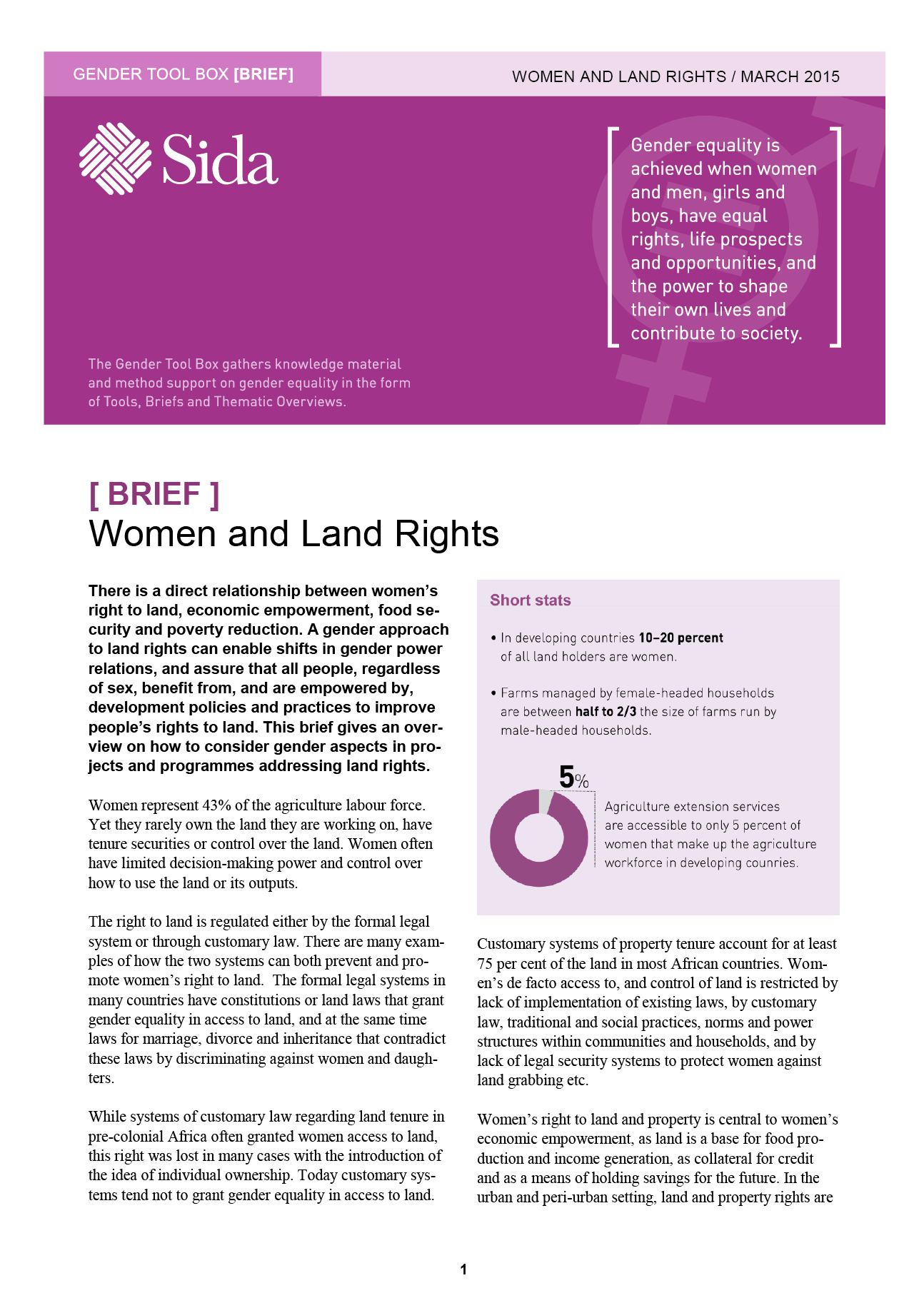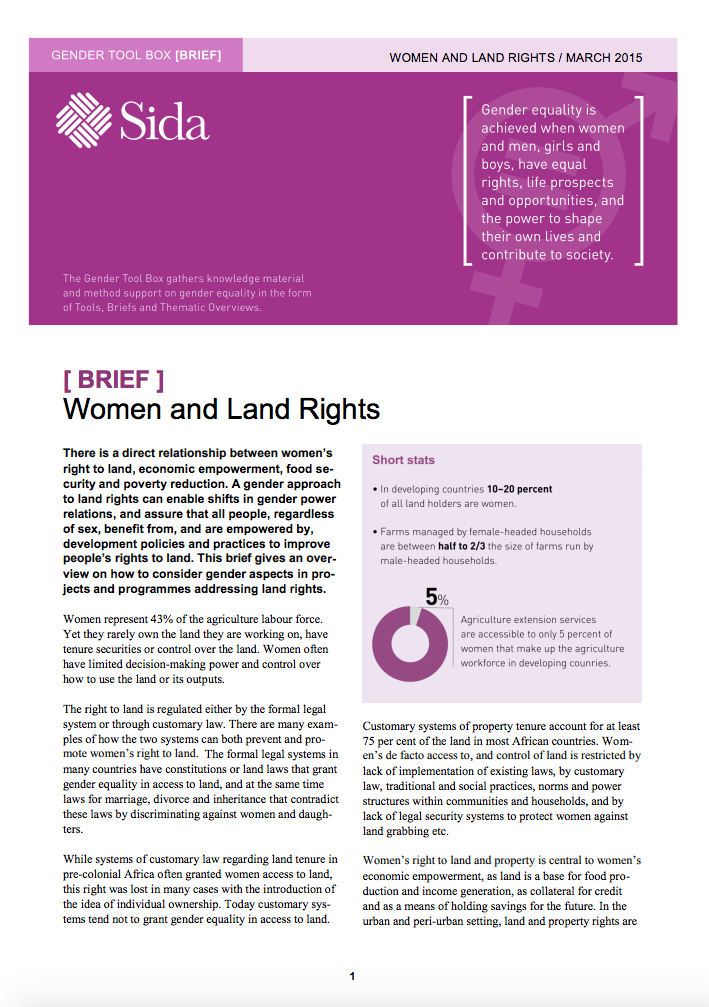Sida is a government agency working on behalf of the Swedish parliament and government, with the mission to reduce poverty in the world. Through our work and in cooperation with others, we contribute to implementing Sweden’s Policy for Global Development (PGU).
We work in order to implement the Swedish development policy that will enable poor people to improve their lives. Another part of our mission is conducting reform cooperation with Eastern Europe, which is financed through a specific appropriation. The third part of our assignment is to distribute humanitarian aid to people in need of assistance.
We carry out enhanced development cooperation with a total of 33 countries in Africa, Asia, Europe and Latin America. Our selection of cooperation countries are based on political decisions made by the Swedish government.
Sida’s mission is to allocate aid and other funding. Our operations are managed by the government’s guidelines, describing the goals for each year’s operations and the size of the development aid budget.
Our staff members and their expertise assist the government with the assessments and the information it needs, in order to decide and implement its development assistance policy. We participate in the advocacy work for Sweden’s prioritised issues within the international development cooperation field, and we are in constant dialogue with other countries and international organisations. Part of our assignment is also to report statistics and disseminate information about our operations.
Our work is financed by tax money and we administer approximately half of Sweden’s total development aid budget. The other part is channelled through the ministry for Foreign Affairs. All our work should be performed in a cost-effective way with a strong focus on results.
Sida has more than 700 employees, located in our three offices in Sweden as well as abroad in our cooperation countries.
Members:
Resources
Displaying 1 - 5 of 273Effects of land titling and registration on tenure security and agricultural investments: Case of Gataraga sector, Northern Rwanda
Rwanda has undertaken a land registration and titling program since 2008 with a registration of 10.3 million land parcels in 2013. The aim of this paper is to investigate the early effects of the program on tenure security and agricultural investments since few studies have been carried out in this research area. The study was undertaken in Musanze district in Northern Rwanda, with specific focus on Gataraga sector and it draws on a mix of qualitative and quantitative research methods. The findings indicate that the program led to reduced land conflicts and improved tenure security.
Women and Land Rights
There is a direct relationship between women’s right to land, economic empowerment, food se-curity and poverty reduction. A gender approach to land rights can enable shifts in gender power relations, and assure that all people, regardless of sex, benefit from, and are empowered by, development policies and practices to improve people’s rights to land. This brief gives an over-view on how to consider gender aspects in pro-jects and programmes addressing land rights.
Women and Land Rights
There is a direct relationship between women’s right to land, economic empowerment, food security and poverty reduction. A gender approach to land rights can enable shifts in gender power relations, and assure that all people, regardless of sex, benefit from, and are empowered by, development policies and practices to improve people’s rights to land. This brief gives an overview on how to consider gender aspects in projects and programmes addressing land rights.
Women and Land Rights
There is a direct relationship between women’s right to land, economic empowerment, food security and poverty reduction. A gender approach to land rights can enable shifts in gender power relations, and assure that all people, regardless of sex, benefit from, and are empowered by, development policies and practices to improve people’s rights to land. This brief gives an overview on how to consider gender aspects in projects and programmes addressing land rights.





